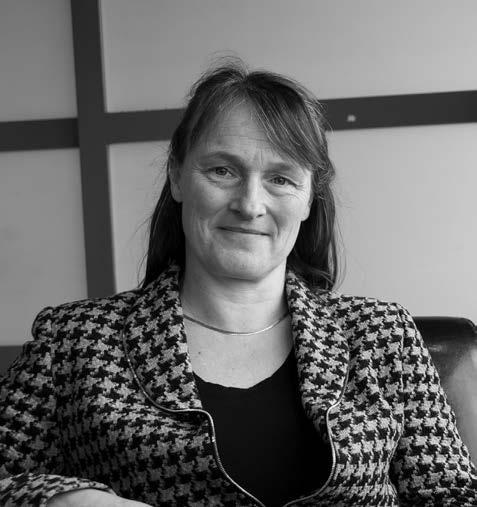
1 minute read
Annex 5 Strategic choices
In 2013 and 2014 we conducted a comprehensive SWOT analysis (strengths, weaknesses, opportunities, threats). On the basis of this analysis the management of the RvA has made several strategic choices, which will determine the policy of the RvA from 2015 until 2020. We distinguish four main themes.
1 Human resources
It is important that the need for and the availability of internal and external assessors are properly coordinated. In the coming years we want to optimise this coordination further so that we can better respond to the needs of market parties – and manage to safeguard this for the future. This theme includes the activities by which we can further strengthen our professional networks. The aim of this is to gain better access to the experts necessary for the development of our services and methods.
2 Operational excellence
We want to professionalize our services further so that our client- and market-orientation increase. This not only applies to our assessments at clients but also to our procedures and communication. Part of this theme is also the learning capacity of the RvA: whatever does not go well must be demonstrably improved. By making use of the motivation and involvement of our employees, apart from formulating frameworks for behaviour and professionalism, this theme will become a major pillar.
3 Harmonisation
A level playing field for our clients and for the clients of our clients requires internal, European and international harmonisation of procedures and the use of standards. First, internal harmonisation is a condition. This relates to the assessment processes as well as the interpretation of requirements. In addition, the harmonisation between national accreditation bodies is important. By benchmarking we obtain more insight into mutual differences. In this way we can avoid the Dutch market experiencing adverse competition as a result of choices made by the RvA. Active influence on the decision-making processes in the EA (European co-operation for Accreditation), ILAC (International Laboratory Accreditation Cooperation) and IAF (International Accreditation Forum), and in the European Union via our Ministry of Social Affairs, also forms part of the activities in this theme.
4 Accreditation as an instrument
In the next few years the RvA will further detail the role which accreditation plays in public supervision and in private audit systems. The public and the business sector each have their own responsibility to protect the people. Accreditation can have a function in public supervision as well as in private audit systems, and we notice more and more often that accreditation can also play a connecting role between both supervision systems. A major element in this theme is spreading knowledge about accreditation and conformity assessments through training and information.





